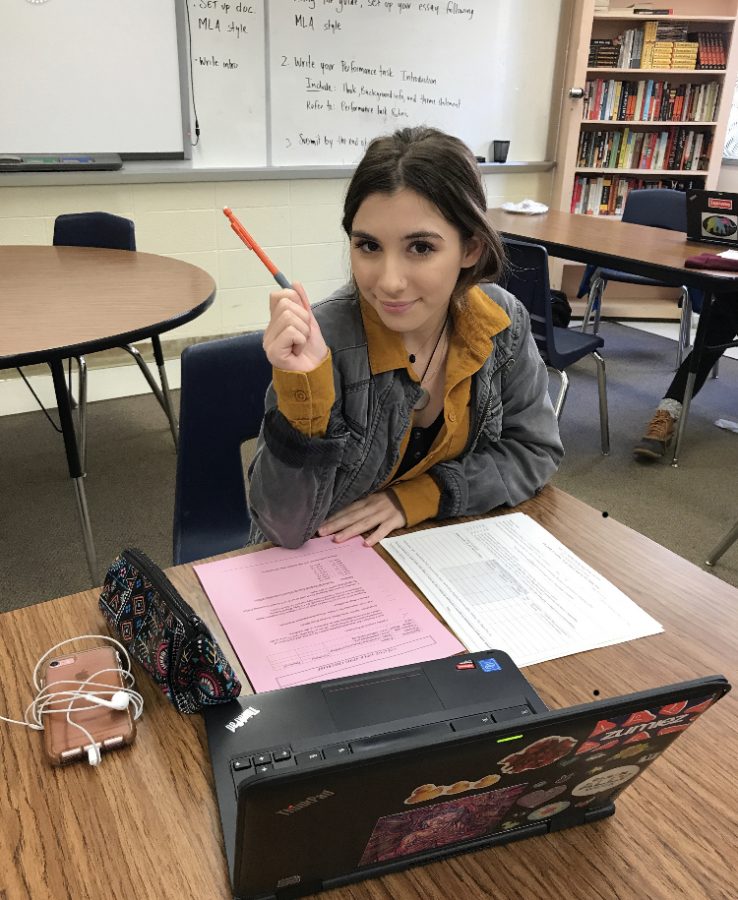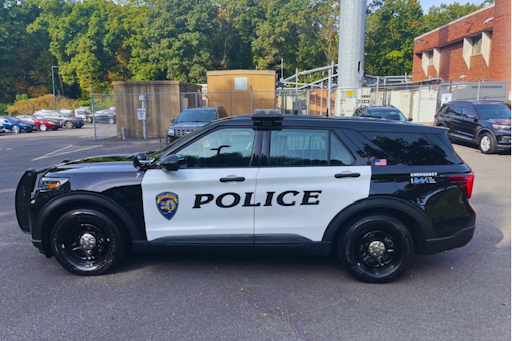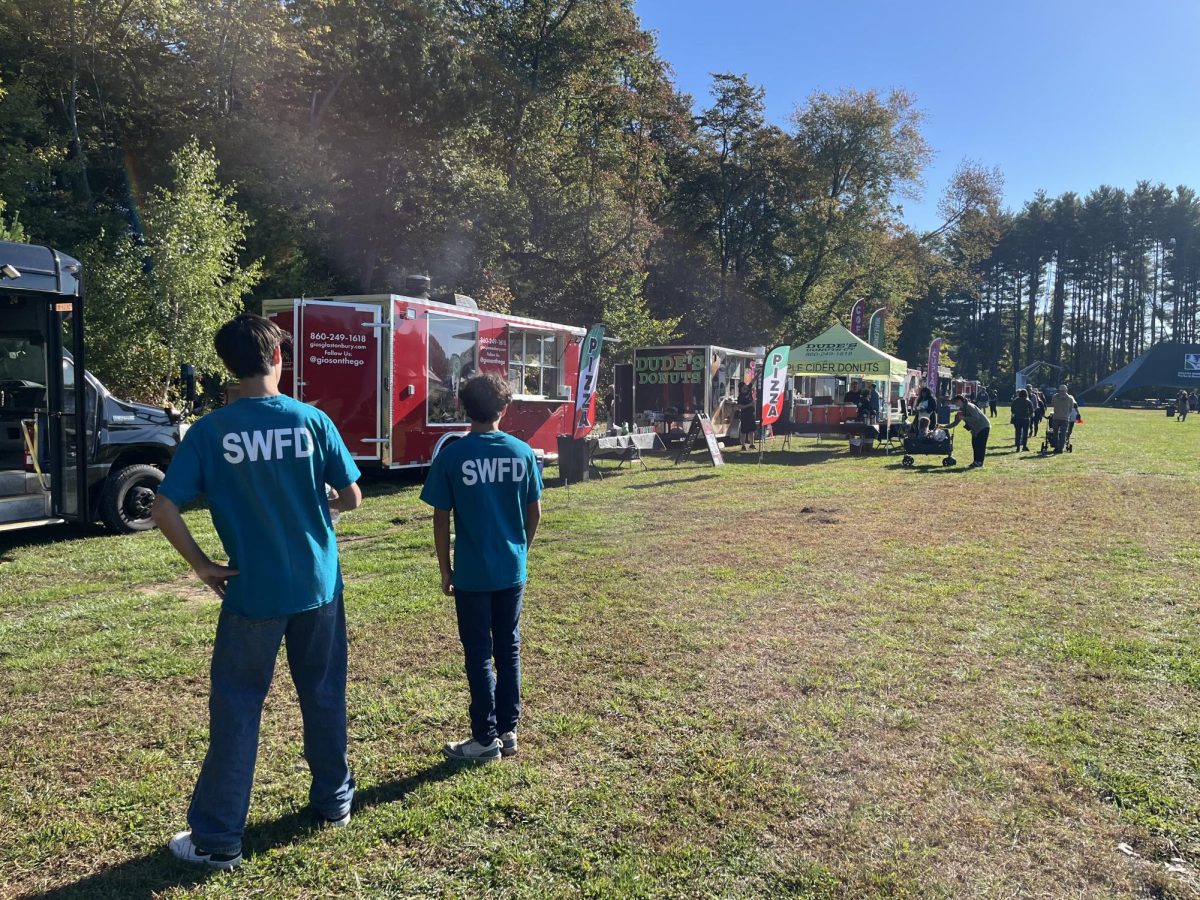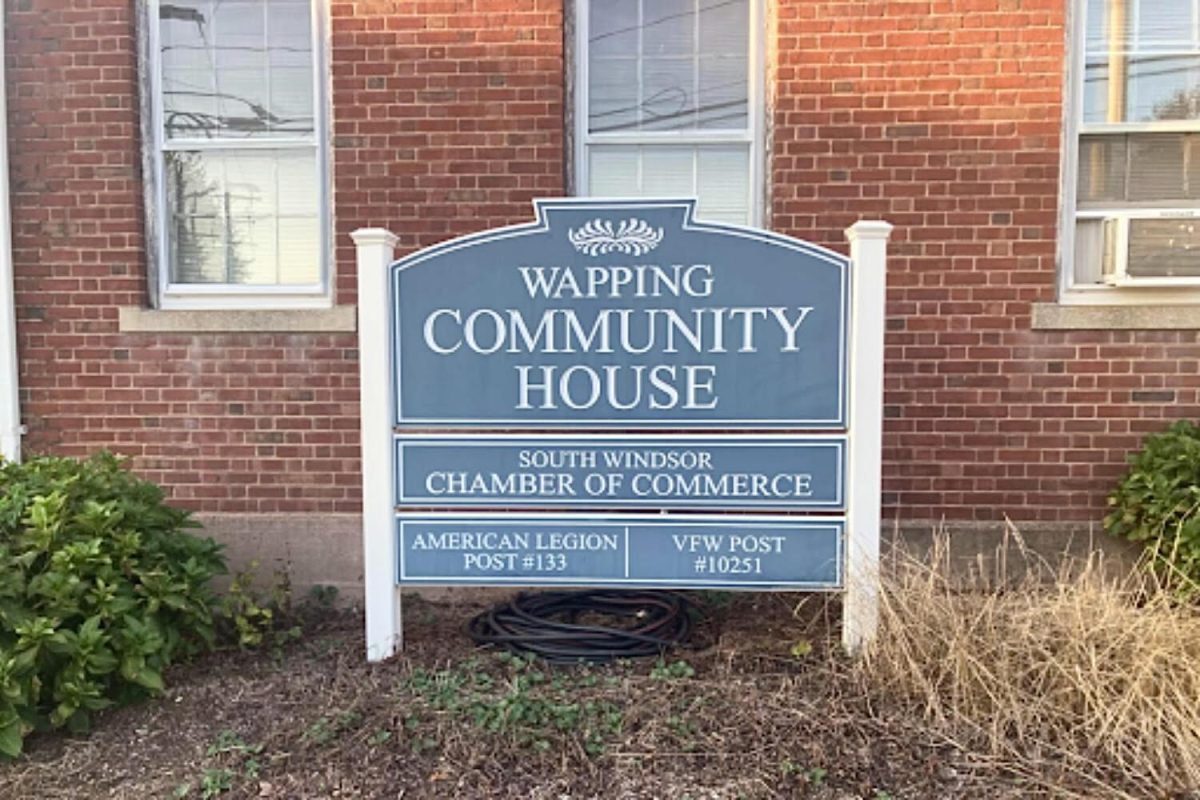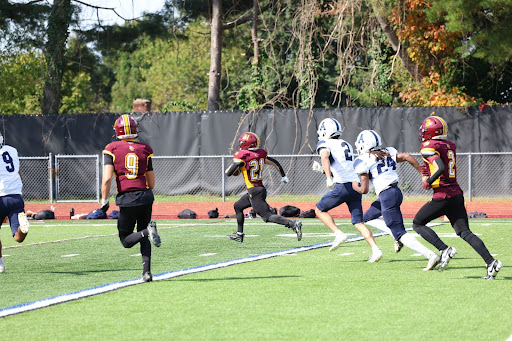Confused on College Applications? The Most Common Questions, Answered.
Angélica Rivera-Oliveira is looking over the college checklist that she picked up from school counseling
October 26, 2018
At South Windsor High School, the season of college applications is in full swing. Many seniors are stressed and confused about the process, as there are many different aspects. From the Common Application to the C.S.S. profile, the terms sound foreign. To help, here are some answers to your commonly asked questions.
What is the Common Application?
The Common Application is an online college application. It is a tool used by many colleges and universities to allow for their applicants to have an easier time applying. Before Common App, applicants had to fill out a different individual college application for each college or university. Thanks to the Common App, filling out college applications is much easier! There is a general application section that is sent to all of your schools, and then smaller sections for each individual school.
What if my school doesn’t use Common App? How do I apply?
If your school, doesn’t use Common App, it probably uses the Coalition Application. The Coalition App is very similar to the Common App, except that it’s generally used by schools in the south. If the school doesn’t accept the Coalition or Common Applications, then you must fill out the school’s unique application.
“Why are there so many different accounts to make?” -Alex Gomes-Ferres
With schoolwork, clubs, sports, work, and other activities during the fall, many students are wondering why they’re so many different accounts to make. While it seems tedious (and can be), all of these accounts are necessary. Let me explain a few of the different functions of the different accounts. College Board allows you to view and send your S.A.T. and A.P. scores to colleges. Naviance allows you to search for colleges as well as request letters of recommendation. The Common Application is a widely used application that can be used to apply to many colleges near us. There are many more accounts needed for this process, and while it may seem overwhelming, they all serve a purpose.
How do you connect your Naviance and Common App accounts?
Many students, including myself, have a hard time connecting their Naviance and Common App accounts. Connecting them is simple, but there are a few things you must do before that is possible. Before you do anything, you must make sure that you signed the FERPA waiver on your Common App account. The FERPA waiver essentially says that you agree to waive your right to read your letters of recommendation. (Choosing “yes” is a good idea because colleges want to see that you didn’t impact the content of the letter in any way.) Once that is done, make sure that the email you have in Naviance is the same one you used to make your Common App account. Once those two things are done, go to Naviance, under “Colleges I’m applying to”, and finish connecting them.
How do letters of recommendation work?
When applying to college, most require some type of letter of recommendation. To find which ones they require, check their website or Common App. Some require a letter from your counselor, and so you must ask them in person to write you one. Others require letters from teachers. To ensure you have enough, ask roughly 2 to 3 teachers, in person. Once you ask in person, go to Naviance and formally request. When you’re filling out a transcript request form, make sure to place the correct letters you want sent to each school. Naviance won’t tell you if the letters are completed, so either ask the teacher directly if they finished it.
What’s the FAFSA? What’s the C.S.S. Profile? Are they the same?
The FAFSA is a form that you must complete in order to be considered for federal or state financial aid. The C.S.S. Profile is different, it’s essentially a more in-depth version of the FAFSA, not all schools require it. If you go to College Board, there is a list of which schools require that you submit the C.S.S. Profile in addition to the FAFSA.
What does it mean if a college sends you an email that “you’re a priority applicant?
While these emails from colleges seem special, they’re very common. Colleges send emails like that to encourage you to apply so that their applicant pool is larger. The only way to have priority at admission is by applying Early Action or Early Decision.
Any advice to juniors?
As senior, Emilee Gebhart said perfectly, “Start earlier than you think you have to.” While it may seem like senior year is very far away, it’s right around the corner. Don’t wait till the fall to start preparing. Touring colleges is a great way to get ahead and find places that you may want to, or not want to, apply.
While applying to college is confusing and takes time, the correct information can help make the process go smoothly. School counseling is a great resource to help resolve any problems you might have at any time. As senior Megan Phadael said about what to do after filling out the Common App, “I don’t know what else to do.” To stay organized, grab the college checklists from guidance and see what you’re missing. You might find that you’re closer to being done than you think.


